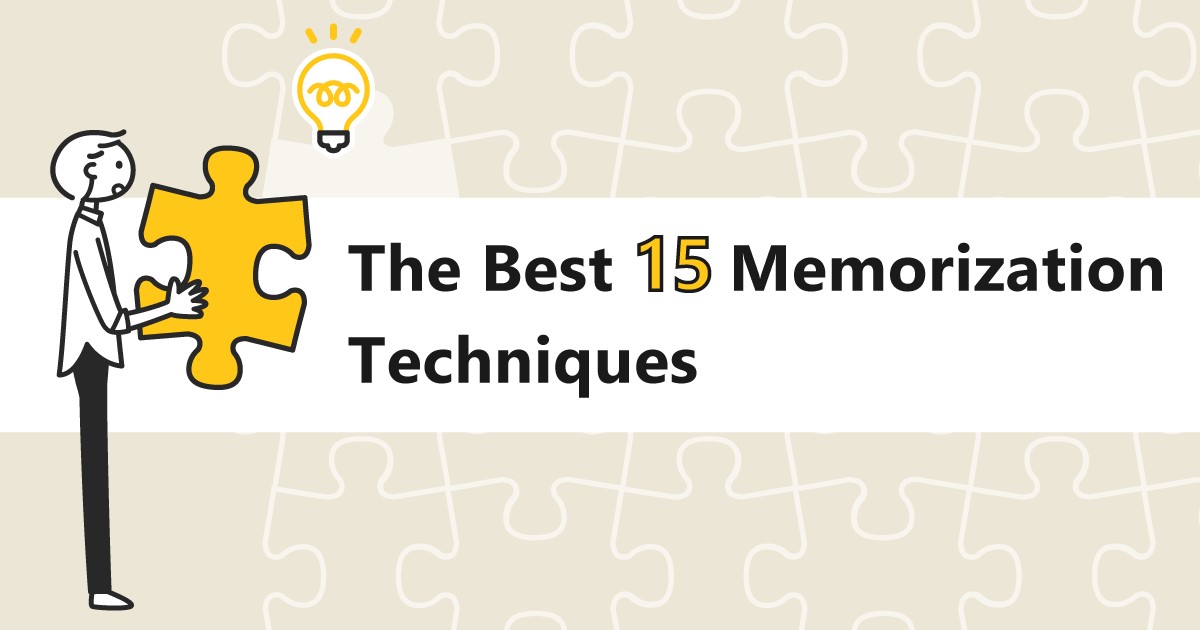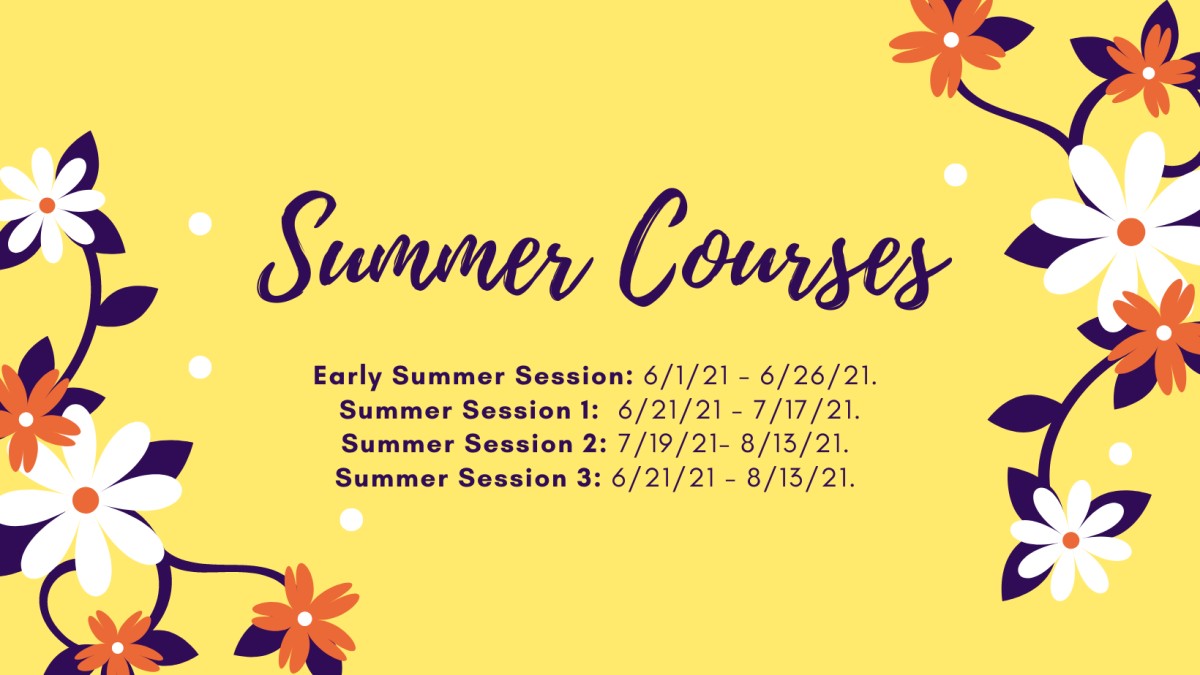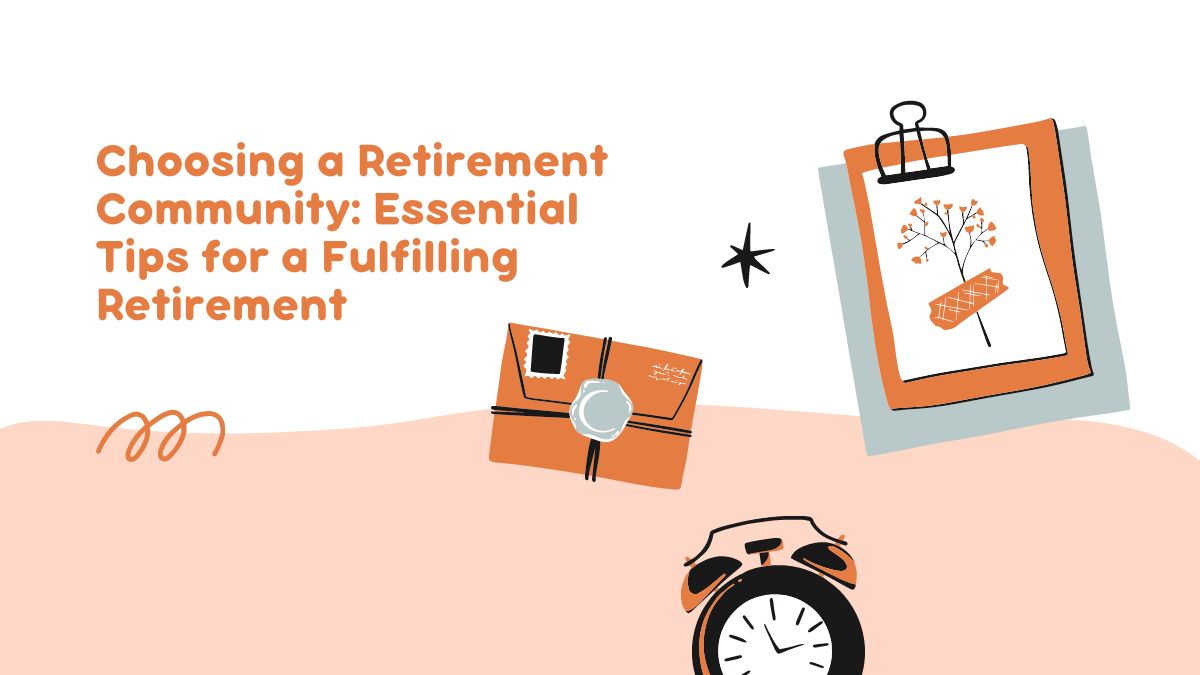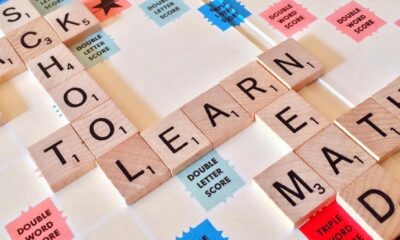LIFESTYLE
Memory Techniques:15 Best Techniques

Mastering Memory: Techniques to Enhance Your Cognitive Recall

In our fast-paced, information-saturated world, having a robust memory is more crucial than ever. Whether you’re a student, professional, or lifelong learner, improving memory can enhance both personal and professional life. Here’s a look at several effective memory techniques:
Mental Exercises
Engaging in various mental exercises can sharpen your memory. Consider activities such as:
- Puzzles and Games: Engage in activities like crossword puzzles, Sudoku, or strategy games to challenge your brain.
- Learning New Skills: Take up a new hobby or skill, such as learning a musical instrument or a new language, to keep your brain engaged and flexible.
Visualization
Visualization leverages your brain’s ability to recall images. This technique involves creating vivid, memorable images related to the information you want to remember. For example, to remember a grocery list, you might imagine a giant, talking banana in a supermarket.
The Method of Loci
This ancient technique involves associating the information you want to remember with specific physical locations. Imagine walking through a familiar place and “placing” pieces of information in different spots. When you need to recall the information, you mentally walk through that space and retrieve the data associated with each location.
Spaced Repetition
Spaced repetition is based on the principle that we remember information better when we review it at increasing intervals over time. Tools like Anki or Quizlet can automate this process by scheduling reviews of material just before you’re likely to forget it.
Elaborative Rehearsal
Elaborative rehearsal involves making information more meaningful by relating it to what you already know. For instance, when learning a new concept, try to connect it to something familiar or create a story around it. This deeper processing helps improve retention.
Active Learning
Active learning engages your brain more than passive reading. Techniques include:
- Self-testing: Regularly quiz yourself on the material you’re trying to learn. This not only assesses your knowledge but also reinforces it.
- Teaching others: Explain what you’ve learned to someone else. Teaching forces you to process and organize information, which enhances your understanding and recall.
Healthy Lifestyle
A well-balanced lifestyle supports cognitive function. Key aspects include:
- Sleep: Adequate sleep is essential for memory consolidation. Aim for 7-9 hours per night to ensure your brain processes and stores new information effectively.
- Nutrition: A diet rich in antioxidants, healthy fats, and proteins supports brain health. Foods like blueberries, walnuts, and fish are particularly beneficial.
- Exercise: Regular physical activity increases blood flow to the brain, which can improve cognitive function and memory.
Mindfulness and Stress Management
Chronic stress and anxiety can impair memory. Techniques such as mindfulness meditation, deep breathing exercises, and regular relaxation can help manage stress levels and enhance cognitive function.
By incorporating these techniques into your daily routine, you can significantly improve your memory and cognitive abilities. Experiment with different methods to find what works best for you, and remember that consistency is key in making these techniques effective.
Attention and Focus
Memory relies heavily on attention. Improving your focus can significantly enhance your ability to remember information. Techniques to boost attention include:
- Minimizing Distractions: Create a conducive environment for learning by reducing noise, turning off notifications, and setting specific times for study or work.
- Mindfulness Practices: Mindfulness exercises can help train your brain to stay focused and present. Techniques such as single-tasking and regular mindfulness meditation can improve concentration.
Using Technology Wisely
Modern technology offers various tools to support memory enhancement:
- Apps and Software: Tools like Evernote or Microsoft OneNote help organize and manage information efficiently. Memory apps like Memrise or BrainHQ provide interactive exercises designed to improve recall.
- Digital Reminders: Utilize calendar apps and reminder features on your phone to keep track of tasks and deadlines. This reduces cognitive load, allowing you to focus on more complex memory tasks.
Regular Review and Practice
Consistent practice and review are essential for reinforcing memory. Regularly revisit material you’ve learned to keep it fresh in your mind. Techniques like spaced repetition, mentioned earlier, are particularly effective for this purpose.
Healthy Social Interaction
Engaging in social activities can stimulate mental function and improve memory. Socializing requires cognitive effort and can enhance mental agility. Join groups, attend seminars, or participate in discussions to keep your brain active.
Establishing Routine and Organization
Developing a consistent routine can help with memory recall. Use organizational tools such as to-do lists, planners, and organizational apps to keep track of important information and deadlines. This can reduce the cognitive load associated with managing multiple tasks.
Understanding Your Learning Style
Different people have different learning preferences. Understanding whether you are a visual, auditory, or kinesthetic learner can help tailor your memory techniques to your style. For example:
- Visual Learners: Use diagrams, charts, and visual aids.
- Auditory Learners: Engage in discussions, listen to recordings, or use mnemonic rhymes.
- Kinesthetic Learners: Incorporate hands-on activities or physical movement in learning. You can learn more about memory techniques
Conclusion
Enhancing memory is a multifaceted process that involves various techniques and lifestyle adjustments. By incorporating mnemonic devices, visualization, spaced repetition, and other strategies into your daily routine, you can significantly improve your ability to recall information. Combining these techniques with a healthy lifestyle and regular mental exercise will help you maintain and enhance your cognitive abilities over time.
Remember, improvement in memory requires practice and persistence. Experiment with different methods to find what works best for you and stay consistent in your efforts. With dedication and the right techniques, you can master the art of memory and unlock your full cognitive potential.
LIFESTYLE
Empowering Women’s Safety: Practical Tips for Concealed Carry

The Benefits of Concealed Carry for Women
The ability to carry a concealed weapon can provide women with a heightened sense of security and self-reliance. Whether walking alone at night, traveling to unfamiliar areas, or simply navigating daily routines, having this option can be a crucial factor in enhancing personal safety. For many women, the psychological comfort that comes with being prepared can be just as important as the physical protection a weapon offers.
Choosing the right thigh holster womens can offer a discreet and comfortable way to keep a weapon accessible, further increasing confidence in diverse situations. This type of holster is particularly advantageous under skirts or dresses, providing easy access while staying hidden from view.
Different Concealed Carry Options
When it comes to concealed carry, women have a variety of effective options to choose from, each with its own set of advantages:
- Thigh Holsters: Specifically designed for wear under skirts or dresses, thigh holsters provide easy access to the firearm while remaining out of sight. They’re an excellent choice for formal occasions or for those who prefer not to wear belts.
- Belly Bands: These versatile and comfortable holsters can be worn under various clothing types. Belly bands offer multiple pockets for firearms and accessories, making them suitable for casual and athletic wear.
- Concealed Carry Purses: Designed with dedicated compartments for firearms, these purses allow for quick and easy access. They come in various styles to match everyday fashion while ensuring safety and preparedness.
The right option depends on personal preference, lifestyle, and daily activities. When choosing the best method for carrying a concealed weapon, comfort, ease of access, and concealability must be considered.
Importance of Training and Practice
Training and regular practice are essential when carrying a concealed weapon. These practices ensure personal safety and the safety of others in the vicinity. Proper training can distinguish between a confident, prepared individual and one who is unsure or hesitant in a critical situation. Programs like those offered by the US Concealed Carry Association provide comprehensive training on firearm handling, safe storage, and legal considerations.
Key elements to focus on during training include:
- Proper Handling: Learning the correct way to draw, aim, and fire a weapon is crucial. This includes understanding the mechanics of the firearm and practicing safe handling techniques.
- Safe Storage: Knowing how to securely store a firearm when unused is vital for preventing accidents or unauthorized access.
- Legal Regulations: Being aware of the laws and regulations in your area helps ensure compliance and avoids legal issues.
Continual practice reinforces muscle memory, making it easier to react effectively in high-stress situations. Regular visits to the shooting range and participation in training sessions can maintain and improve your skills over time.
Legal Considerations
Understanding the laws regarding concealed carry in your state is vital. Regulations vary significantly across states, and being well-informed is the first step to responsible firearm ownership. Always stay updated on the legal requirements in your area, as misunderstandings or ignorance can lead to serious consequences.
Resources like the NRA-ILA provide detailed information about state-specific gun laws. This ensures you remain compliant with current legislation and understand your rights and responsibilities as a concealed carry permit holder. Familiarize yourself with topics such as where you can legally carry your weapon, any necessary permits, and situations that may require you to disclose your concealed status to law enforcement.
Choosing the Right Concealed Carry Apparel
Comfort and accessibility are key when selecting concealed-carry apparel. The ideal clothing should provide easy access to the weapon without sacrificing style or comfort. Many options are tailored for women, addressing unique needs and preferences while offering practicality and style.
Look for moisture-wicking fabrics, adjustable straps, and designs that maintain a low profile to ensure the concealed weapon does not create noticeable bulges under clothing. The right apparel can make a significant difference, enhancing the wearer’s comfort and the effectiveness of the concealed carry method.
Investing in high-quality apparel designed for concealed carry can pay off in terms of comfort, confidence, and readiness. It is worth considering items that offer additional compartments or features designed to enhance safety and convenience.
LIFESTYLE
Internal Summer Study Courses Meaning

The Meaning and Impact of Internal Summer Study Courses for Personal Growth
As the long days of summer stretch out before us, they bring not only warmth and leisure but also an opportunity for growth and development. For many, summer is synonymous with vacations, relaxation, and a break from the usual routine. However, it also presents a unique opportunity to engage in internal summer study courses—structured programs or self-guided learning endeavors designed to foster personal growth, reflection, and skill development. But what do these courses truly mean for us as humans, and how do they impact our lives?
The Concept of Internal Summer Study
Internal summer study courses go beyond traditional academic learning. While they can include formal classes, they often focus on personal enrichment, self-discovery, and the cultivation of new skills. These courses can take many forms: online workshops, self-paced study plans, or even reflective practices like journaling, meditation, or creative projects. The “internal” aspect emphasizes that the growth these courses foster is deeply personal, affecting not just intellectual capacities but emotional and psychological well-being as well.
A Time for Reflection and Renewal
Summer, with its slower pace and often more flexible schedules, is an ideal time for introspection. Internal summer study courses provide a structured way to engage in this reflection. Whether it’s learning a new language, diving deep into a philosophical text, or exploring mindfulness techniques, these courses encourage individuals to pause, look inward, and assess their goals, values, and desires. This period of reflection can lead to profound insights and a renewed sense of purpose.
Building Resilience and Adaptability
In a rapidly changing world, the ability to adapt and grow is crucial. Internal summer study courses can help build resilience by challenging individuals to step outside their comfort zones. Engaging in new learning experiences fosters a growth mindset—the belief that abilities and intelligence can be developed with effort and practice. This mindset not only enhances problem-solving skills but also prepares individuals to face challenges with confidence and creativity.
Enhancing Emotional Intelligence
One of the most significant benefits of internal summer study is the enhancement of emotional intelligence (EQ). EQ involves the ability to recognize, understand, and manage our own emotions, as well as to empathize with others. Courses that focus on self-awareness, empathy, communication, and relationship-building can significantly improve emotional intelligence. As individuals become more attuned to their own emotions and the emotions of others, they are better equipped to navigate personal and professional relationships, leading to more fulfilling and harmonious lives.
Cultivating Lifelong Learning
The habit of lifelong learning is a powerful tool for personal and professional success. Internal summer study courses instill a love for learning that extends beyond formal education. By pursuing knowledge and skills that align with personal interests and passions, individuals cultivate a sense of curiosity and a desire for continuous growth. This habit of lifelong learning not only keeps the mind sharp but also enriches life by opening up new opportunities and experiences.
Fostering Creativity and Innovation
Creativity is often sparked when the mind is allowed to wander, experiment, and explore new ideas. Internal summer study courses, particularly those that involve artistic or creative pursuits, provide the space and freedom to innovate. Whether it’s through writing, painting, music, or other forms of creative expression, these courses encourage individuals to tap into their imagination and think outside the box. This creative exploration can lead to innovative solutions to problems and a deeper understanding of oneself.
Strengthening Self-Discipline and Focus
Engaging in internal summer study requires a certain level of self-discipline and focus, especially when the learning is self-directed. Setting goals, managing time effectively, and staying committed to a study plan are all essential components of success. These skills are not only valuable for completing the course but are also transferable to other areas of life. The discipline and focus developed through summer study can improve productivity, enhance decision-making, and lead to a greater sense of achievement.
Learn more such informative blogs on website
Conclusion: A Pathway to Personal Fulfillment
Internal summer study courses offer more than just knowledge or skills; they provide a pathway to personal fulfillment. By engaging in reflective and purposeful learning, individuals can gain a deeper understanding of themselves, develop essential life skills, and cultivate a mindset of growth and resilience. As we embrace the opportunities that summer brings, internal study courses remind us that the journey of self-discovery and improvement is continuous, enriching, and deeply meaningful.
In a world that often values external achievements and accolades, internal summer study courses offer a refreshing reminder that true growth and fulfillment come from within. By dedicating time to our personal development during the summer months, we invest in our future selves, creating a foundation for a life of purpose, creativity, and well-being.
LIFESTYLE
Choosing a Retirement Community: Essential Tips for a Fulfilling Retirement

Key Takeaways
- Consider your requirements and way of life when choosing a retirement community.
- Consider factors like healthcare services, amenities, and social opportunities.
- Visiting potential communities can help make an informed decision.
Table of Contents
- Understand Your Needs
- Evaluate Healthcare Services
- Assess Amenities and Activities
- Financial Considerations
- Tour the Community
- Ask Questions: A Checklist
- Talk to Current Residents
- Make Your Decision
Understand Your Needs
Consider what aspects of your current lifestyle you want to maintain and any new activities you wish to pursue. Understanding your priorities is essential for making an informed decision, whether you’re looking for independent living or assisted living in Orlando. Think about your daily routine, hobbies, and social interactions you enjoy. Do you plan to stay physically active with fitness classes or prefer tranquil settings for reading and meditation? Are you seeking a community that strongly emphasizes social connections or offers a more private lifestyle? Reflecting on these questions will help you find a community that aligns with your aspirations for retirement and enhances your quality of life.
Evaluate Healthcare Services
Ensuring that a retirement community offers comprehensive healthcare services is vital. These services include on-site medical care, emergency response systems, and partnerships with nearby hospitals. The demand for quality healthcare in retirement communities has been rising steadily, making this factor non-negotiable for many seniors and their families.
Many communities provide varying levels of care, from essential health monitoring to advanced medical support.
Assess Amenities and Activities
Retirement should be a time of enjoyment and exploration. Look for communities with various amenities and activities that align with your interests. The right amenities, from fitness centers to cultural events, can significantly enhance your retirement experience.
Fitness and Wellness Programs
Many retirement communities offer fitness and wellness programs to help residents stay active and healthy. These include swimming pools, gym facilities, and yoga classes. These programs can improve physical health, mental well-being, and happiness.
Social and Cultural Events
Social and cultural events can enrich your retirement life, offering opportunities to meet new people and develop new skills. Look for communities that host regular events, such as art classes, music performances, and group excursions. These activities provide a stimulating environment and a sense of community, which is vital for a fulfilling retirement.
Financial Considerations
Financial planning is crucial when selecting a retirement community. Research the costs associated with different communities and understand what is included in the fees. Transparency regarding financial obligations can prevent future surprises and help you manage your finances effectively. For more information on managing your finances in retirement, you can visit AARP’s financial planning resources. They offer comprehensive advice on budgeting, investing, and planning for the future, ensuring you make informed and financially sound decisions.
Tour the Community
Before making any decisions, it’s crucial to tour several communities to get a firsthand feel of the environment. Pay attention to the facilities’ condition, the staff’s friendliness, and the overall atmosphere. Observing day-to-day operations and interactions within the community will provide insights that brochures and websites may not reveal. Take notes during your visits and compare them later to help with your decision-making process. This firsthand experience can help you determine each community’s level of care, cleanliness, and ambiance, making it easier to choose a place where you’ll feel comfortable and happy.
Ask Questions: A Checklist
- What healthcare services are available?
- What activities and amenities are offered?
- What are the costs, and what are they included?
- What is the staff-to-resident ratio?
- Are there any additional fees for services?
Feel free to ask specific questions about daily life, medical care, emergency procedures, and community policies. It will give you a clearer picture of what to expect and ensure all your concerns are addressed.
Talk to Current Residents
Interacting with current residents can provide valuable insights into daily life in the community. Their experiences highlight the positives and potential drawbacks you have yet to consider. Engaging in conversations with residents allows you to hear firsthand about their satisfaction with the services, staff, and overall atmosphere of the community.
Make Your Decision
After thorough research and consideration, it’s time to make your decision. Choose the community that best matches your needs, preferences, and budget. A well-chosen retirement community can provide a satisfying and enriching experience for years, ensuring that your retirement years are filled with joy, security, and peace of mind.
-

 TECHNOLOGY11 months ago
TECHNOLOGY11 months agoHow To Anonymously View Instagram Stories Using 5 Methods
-

 LIFESTYLE1 year ago
LIFESTYLE1 year agoIt is not wisdom but authority that makes a law. T – Tymoff
-

 Blog1 year ago
Blog1 year agoWordhippo 5 Letter Words – Everything You Need to Know
-

 ENTERTAINMENT1 year ago
ENTERTAINMENT1 year agoUnveiling the Life of Mary Joan Martelly: A Comprehensive Biography
-

 BUSINESS1 year ago
BUSINESS1 year agoSavvy Shopping Guide: Finding and Using Online Rebates & Offers Like a Pro
-

 TECHNOLOGY1 year ago
TECHNOLOGY1 year agoWhat is 4chan Trash : Every Thing You Need To Know
-

 WORKING HOURS11 months ago
WORKING HOURS11 months agoLearn How To Learn Faster: Top 10 Techniques
-

 TECHNOLOGY1 year ago
TECHNOLOGY1 year agoTANZOHUB: REVOLUTIONIZING YOUR DIGITAL EXPERIENCE





